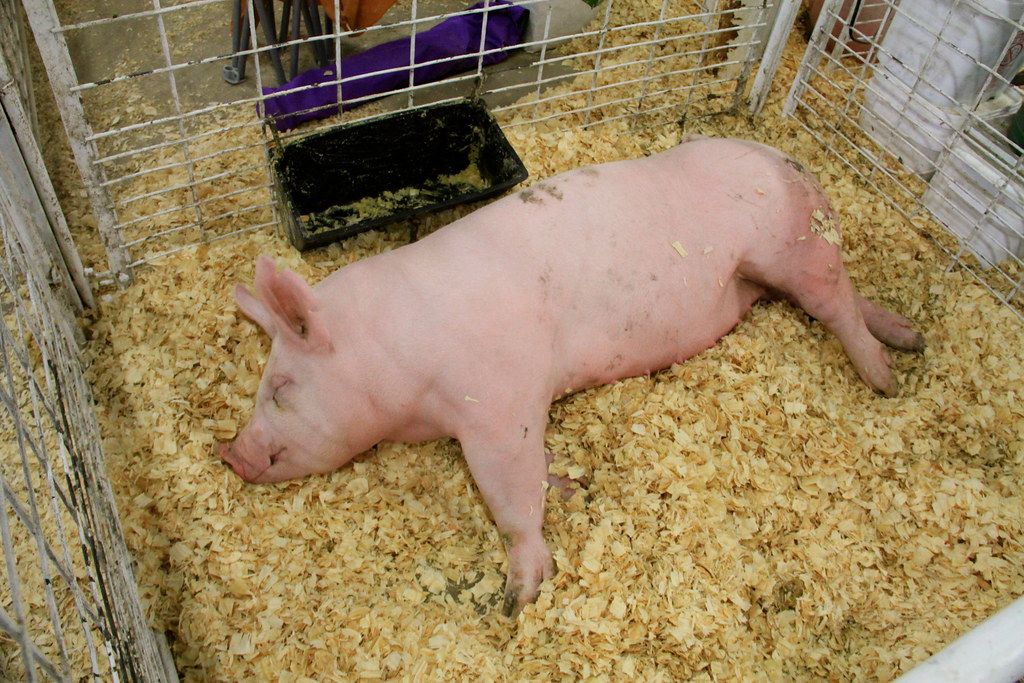
Alright, buckle up, fellow film fanatics and Western enthusiasts! We’re about to embark on an exciting journey into the heart of Hollywood’s Golden Age, celebrating one of its most compelling stars: Alan Ladd. He may have had a tragically brief profession, but Ladd undeniably carved out a significant niche, particularly in the realm of Western films. While he was a mainstay of motion, journey, and noir movies throughout the ’40s and ’50s, his contributions to Western cinema are truly noteworthy, even if he’s not as universally recognized as some other iconic Western stars.
Ladd was a bona fide film star and a major box office draw, amassing a formidable list of credits before his sudden passing at only 50. What makes his Westerns so fascinating is their sheer variety; he was never typecast into one explicit function, always bringing something fresh to the screen. And you know, while he’s best known today for Westerns like *Shane* (1953), for most of his career, he was celebrated for action and film noir movies. But for those of us who have a special soft spot for his Westerns, today is the perfect day to dive deep!
So, to celebrate the enduring legacy of Alan Ladd in the saddle, we’re sharing a definitive list of his ten favorite Western movies. Get ready to rediscover some classics and perhaps find a new favorite as we explore what made these films, and Ladd’s performances in them, so truly special. This isn’t just a list; it’s a tribute to a versatile actor whose charm and intensity lit up the silver screen, leaving an indelible mark on the Western genre. Let’s ride!
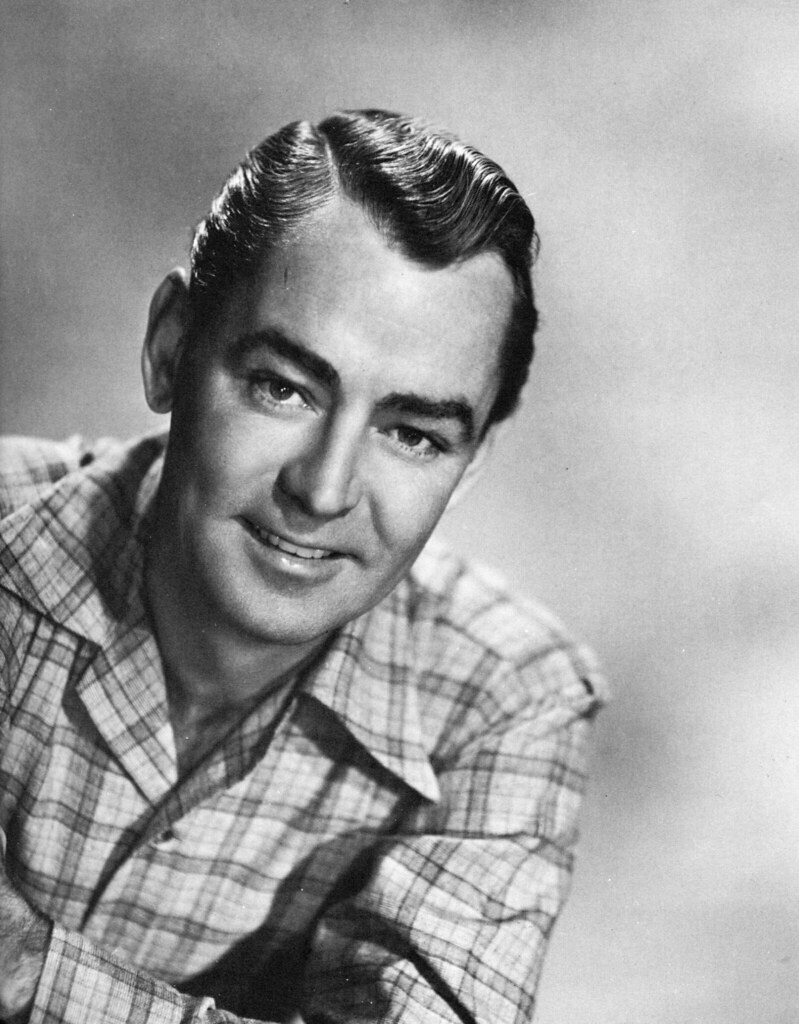
1. **Branded (1950)**Coming in at number one on this incredible list is the 1950 flick, *Branded*. This movie is genuinely unlike any other Western you’ll ever see, and we mean that in the best way possible! It offers a refreshingly non-usual take on the genre, immediately setting it apart from its contemporaries. Ladd’s character in *Branded* is a quintessential example of the complex figures he often played, showcasing his ability to embody morally-gray individuals in films that eschewed simple black-and-white narratives.
The story revolves around a conman, played by Robert Keith, who persuades a drifting loner, Alan Ladd, to impersonate the long-lost son of a wealthy rancher, Charles Bickford. The goal? To acquire the rancher’s fortune. But here’s where it gets interesting: the drifter, Ladd’s character, starts to care deeply about the family and ultimately sets out to find their real son for them. This transformation from a hardened criminal to a good man before the story’s end is a hallmark of Ladd’s nuanced acting.
As the context notes, “one thing that makes Alan Ladd’s westerns stick out is that he often plays complex characters in films that are not morally black-and-white.” *Branded* perfectly encapsulates this, presenting Ladd’s character, Choya, as a classic anti-hero. While the film is smaller-scale than many other ’50s Westerns, it still boasts stunning color photography that is a sight to behold, adding a larger-than-life quality to every aspect of the production, including the powerful performances.
The tightly-plotted thriller eschews the grandeur often associated with its contemporaries, opting instead for a gritty, intricate narrative that keeps you hooked. It’s an adventure flick that doesn’t shy away from moral ambiguity, making it a compelling watch for anyone who appreciates a Western with depth and a truly unique storyline. You’ll be thinking about Ladd’s journey in this one long after the credits roll!
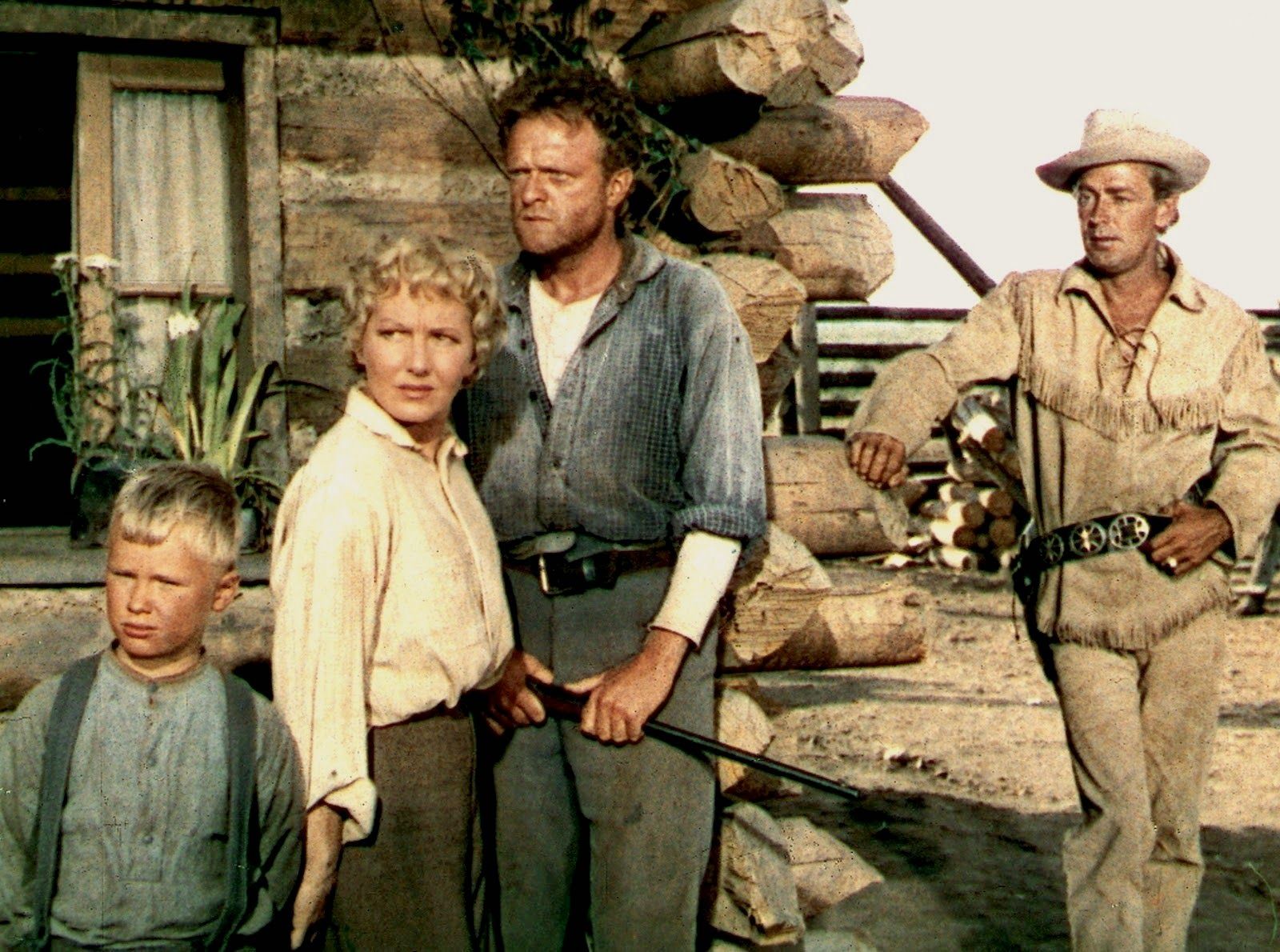
2. **Shane (1953)**Few actors are as synonymous with a single Western role as Alan Ladd is with his iconic portrayal of the title character in *Shane*. This film isn’t just famous; it’s considered Ladd’s defining function and has cemented itself as his lasting legacy, and for very good reason! It’s an archetypal Western that has seen many other films borrow liberally from its classic structure and themes.
The plot introduces us to a stubborn farmer, played by Van Heflin, who hires a drifting stranger, Alan Ladd’s Shane, to work on his farm. This stranger, however, turns out to be a skilled gunman who uses his deadly prowess to protect the farmer and his family from a bullying rancher determined to push them off their land. Ladd’s ability to fit this role with a comfortable grace, seldom equaled, is a testament to his undeniable talent.
*Shane* is a film that perfectly understands the importance of giving audiences a reason to care, and it does that in spades. Alan Ladd’s performance is appropriately complex and multi-faceted, presenting Shane as both a hardened killer and a man with a gentle heart. This duality makes his character incredibly compelling and is a significant factor in the film’s enduring appeal. His magnetic presence elevates the film’s stoic hero to iconic status.
The movie’s success can also be attributed to its sublime cinematography, memorable performances from the entire cast, and evocative themes of selflessness, loyalty, and redemption. Directed by George Stevens and released in 1953, *Shane* continues to be a timeless and quintessential Western, solidifying its place as one of the best of its genre and an essential entry in Ladd’s storied career. It’s a must-see for any Western fan!
Read more about: Mitzi Gaynor, the Effervescent Song-and-Dance Queen, Dies at 93: A Legacy of Razzle-Dazzle and Hollywood Charm
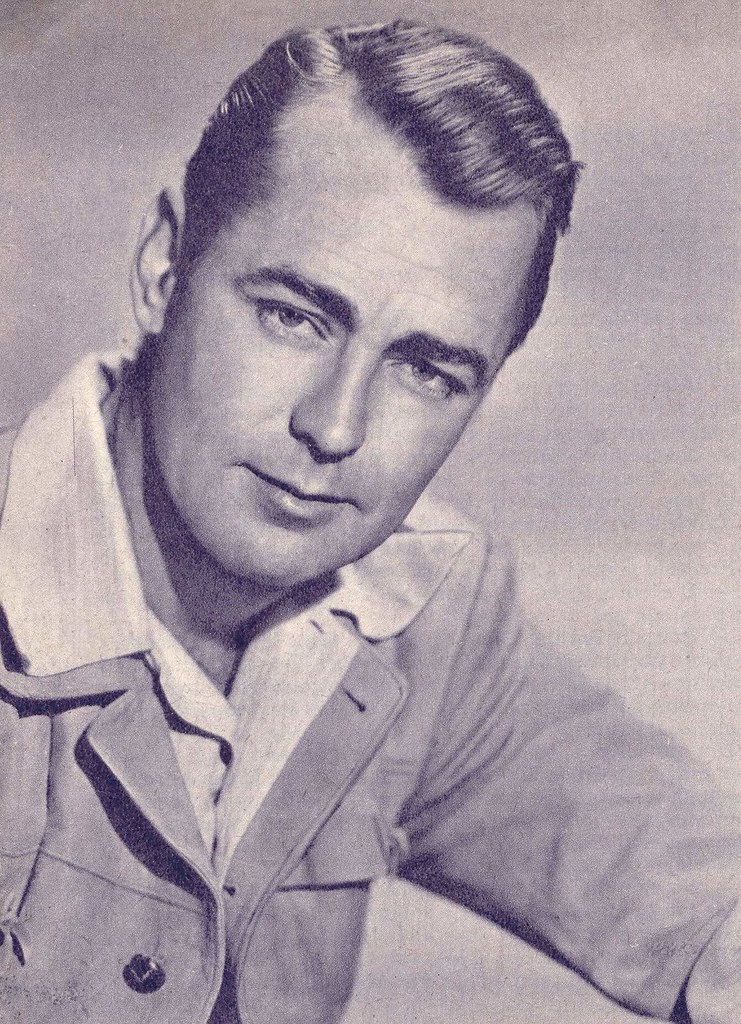
3. **Whispering Smith (1948)**If you’re wondering which movie helped put Alan Ladd firmly on the map in the Western genre, look no further than *Whispering Smith*. Already more than a decade into his acting career, this 1948 classic was instrumental in establishing him as a leading man in Westerns. For many fans, including the one who originally compiled this list, this is the movie that made them fall in love with Alan Ladd!
The film delivers a classic early Western narrative, focusing on train robbers and the mostly-silent man, Whispering Smith (Ladd), who is tasked with bringing them to justice. Ladd’s inherent charm shines through instantly, giving the movie a quaint yet captivating vibe that makes for truly great viewing. It’s one of those hidden gems from the Golden Age of Hollywood Westerns that just gets all the clichés right, while also featuring some genuinely fun performances.
But the story isn’t just about justice; it’s also deeply personal. Ladd’s railroad detective discovers a heartbreaking truth: his longtime best friend, played by Robert Preston, is actually stealing from the railroad. To complicate matters further, the detective used to be in love with the woman, Brenda Marshall, who ultimately ended up marrying his friend instead. This emotional triangle adds a rich layer of drama to the action-packed plot.
Beyond Ladd, the cast boasts other notable names, with Robert Preston lending his booming voice to the film, enhancing the overall experience. *Whispering Smith* is a well-crafted Western that showcases the adventures of a daring railroad detective as he untangles a messy web of crime. Audiences continue to be charmed by this engaging tale of camaraderie, action, and bravery, making it a standout in the genre.
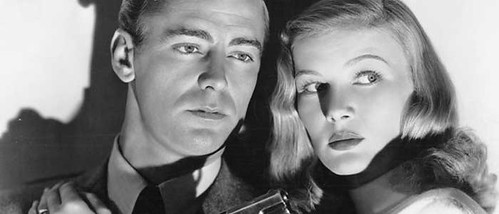
4. **The Proud Rebel (1958)**Don’t let the title fool you; *The Proud Rebel* is far from a simple celebration of the Confederacy. Instead, it offers a surprisingly complex and understated drama that stands out for its depth and emotional resonance. Set after the American Civil War, this film, released in 1958, sees Alan Ladd deliver one of his most powerful performances as a dramatic actor.
Ladd plays John Chandler, a grieving veteran who must relocate to the Midwest with his ailing, mute son, played by his real-life son, David Ladd. The narrative beautifully evolves into a study of character, as John Chandler faces the immense challenge of overcoming his new neighbors’ prejudices while desperately seeking a cure for his son’s muteness. It’s a compelling journey that explores themes of loss, resilience, and acceptance.
The film truly shines in its sensitive handling of darker themes and its refusal to take the easy path. As the context highlights, “The Proud Rebel is a surprising film because it not rarely takes the simple path. It handles its darker themes sensitively, and Ladd gives one of his best performances as a dramatic actor.” This makes it an interesting departure from the usual Western formula, offering a thoughtful, character-driven story.
One of the most heartwarming aspects of *The Proud Rebel* is the genuine chemistry between Alan and his son David. Their scenes together are incredibly sweet and natural, adding a touching layer of authenticity to their on-screen relationship. When John learns of a possible cure for his son’s muteness and sells the boy’s beloved dog to raise the money, it creates a heart-breaking moment that ultimately turns out okay, cementing its place as a truly memorable and impactful Western.
Read more about: Flashback to the Fifties: 12 Icons Who Ruled the Charts and Revolutionized Music Forever
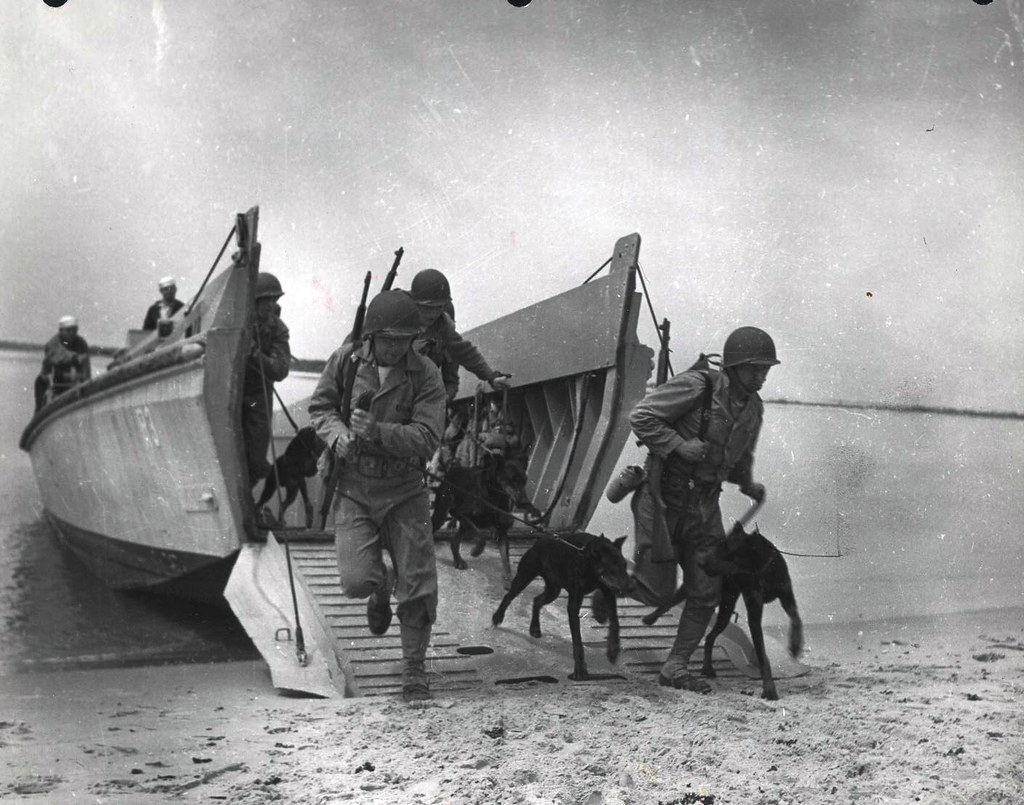
5. **Red Mountain (1951)**Now, if you’re looking for a Western that truly bucks the trend, then *Red Mountain* (sometimes referred to as *Crimson Mountain*) from 1951 is an absolute must-watch! This movie is totally different from what many might expect from a ’50s Western, and as the original list compiler noted, “not in a bad way.” It’s another fantastic example of an atypical Western for Alan Ladd.
Loosely based around the real-life events of General Quantrill’s Raiders at the end of the Civil War, *Red Mountain* offers a gritty and unflinching portrayal for a film from the early ’50s. This isn’t your shiny, idealized Western; it’s a hard-edged narrative that delves into the complexities of war and loyalty. Ladd, as a Confederate officer, is sent to Colorado to aid General Quantrill but quickly finds himself embroiled in a murder, a rebellion, and even a love triangle!
What makes this film particularly captivating is its strong film noir influences. Ladd is paired up with fellow film noir veteran Lizabeth Scott, and the movie boasts many of the hard-edged logos more commonly associated with noir than with traditional Westerns. The dialogue is blunt and snappy, adding to the intense atmosphere. Supporting stars like John Ireland also turn in stellar performances, further elevating the film’s quality.
Despite its stagey, low-budget quality, the movie’s strengths lie in its exceptionally well-written script and a powerful, talented cast. It’s a movie that defies expectations, offering a unique blend of historical drama, action, and intrigue. *Red Mountain* is a fascinating entry in Alan Ladd’s Western filmography, demonstrating his versatility and his ability to carry a distinctively different kind of frontier story.
Alright, Western aficionados, hold onto your hats because we’re not done yet! We’ve galloped through the first half of Alan Ladd’s incredible Western filmography, and trust me, the ride only gets better from here. Ladd’s ability to dive into diverse roles, from the stoic hero to the morally ambiguous wanderer, truly sets him apart in the annals of Hollywood’s Golden Age. It’s time to saddle up again and explore the next five must-see films that further cement his status as a Western legend.
From action-packed adventures in the Canadian wilderness to gritty biopics and dramatic confrontations, these movies offer a captivating look at Ladd’s enduring appeal and the sheer breadth of his talent. Each film on this list brings something unique to the table, proving that Alan Ladd was much more than just a leading man; he was a dynamic force who shaped the Western genre in his own unforgettable way. So, let’s keep this reel rolling and discover the remaining gems in our top 10!
Read more about: The Enduring Enigma of Linda Darnell: Unraveling the Tumultuous Life and Tragic Death of a 1940s Hollywood Star

6. **Saskatchewan (1954)**Prepare for a journey to the stunning, untamed landscapes of the Great White North with *Saskatchewan*! This 1954 film is a truly unique entry in Alan Ladd’s Western repertoire, primarily because it’s one of the rare Westerns of its time to venture beyond the usual American frontier and set its gripping story in the vast, breathtaking Canadian scenery. If you thought all Westerns looked the same, this one is here to prove you gloriously wrong!
In *Saskatchewan*, Ladd takes on the role of a member of the Royal Canadian Mounted Police (RCMP), and let’s just say he’s got his hands full! The narrative is packed with action and heroism, as his character is tasked with rescuing a woman in distress, skillfully leading his troop to safety through dangerous territory, and, ultimately, stopping an invasion. It’s a testament to Ladd’s commanding presence that he effortlessly embodies the unwavering resolve of a Mountie.
The film’s plot isn’t just a simple chase; it’s a layered adventure that truly capitalizes on its distinctive setting. The backdrop of the Canadian wilderness isn’t merely a pretty picture; it plays a vital role in the unfolding drama, adding an epic scope to every challenge and triumph. You’ll find yourself marveling at the absolutely breathtaking visuals, which make this film stand out visually from many of its contemporaries.
It’s genuinely refreshing to see a Western that breaks the mold by exploring a different part of North America’s rugged history. Ladd’s performance, combined with the film’s unique geographic appeal and compelling storyline, makes *Saskatchewan* an unmissable experience for anyone looking for a Western with a bit more geographical spice and a whole lot of adventure.

7. **The Iron Mistress (1952)**Alright, history buffs and romance enthusiasts, get ready for a Western biopic with a twist! *The Iron Mistress*, released in 1952, is a truly novel specimen within the Western genre, and it’s all thanks to its incredibly focused lens. Instead of sprawling across a legendary figure’s entire life, this film zeroes in on a very specific, fascinating portion of Jim Bowie’s existence, with Alan Ladd bringing the iconic frontiersman to life.
Interestingly, this movie doesn’t dwell on Bowie’s eventual heroic (and tragic) death at the Alamo, which is a significant departure from what many might expect from a biopic about such a legendary figure. Instead, *The Iron Mistress* chooses to explore the more personal, romantic entanglements of Bowie’s life. It’s a fascinating decision that allows for a deeper dive into his character beyond his famous final stand.
The film’s setting is also a delightful change of pace, transporting viewers to environs that hearken back to even earlier days when the West was actually “closer East.” This provides a fresh, less-traveled backdrop for the story to unfold. Beyond the unique setting and narrative focus, you’ll be charmed by the great character interactions and the absolutely beautiful costume design, which adds a touch of elegance to the frontier drama.
Despite possibly lacking some of the more conventional elements typically found in Westerns, *The Iron Mistress* compensates with its compelling personal story and a captivating fairy-tale quality. It leans into the more fantastical elements of the Bowie mythos, offering a richly textured portrayal that highlights Ladd’s ability to infuse historical figures with both grit and romance. It’s a unique gem that you won’t want to miss!
Read more about: Dame Maggie Smith: A Titan’s Farewell – Celebrating the Enduring Legacy of an Unforgettable Stage and Screen Icon
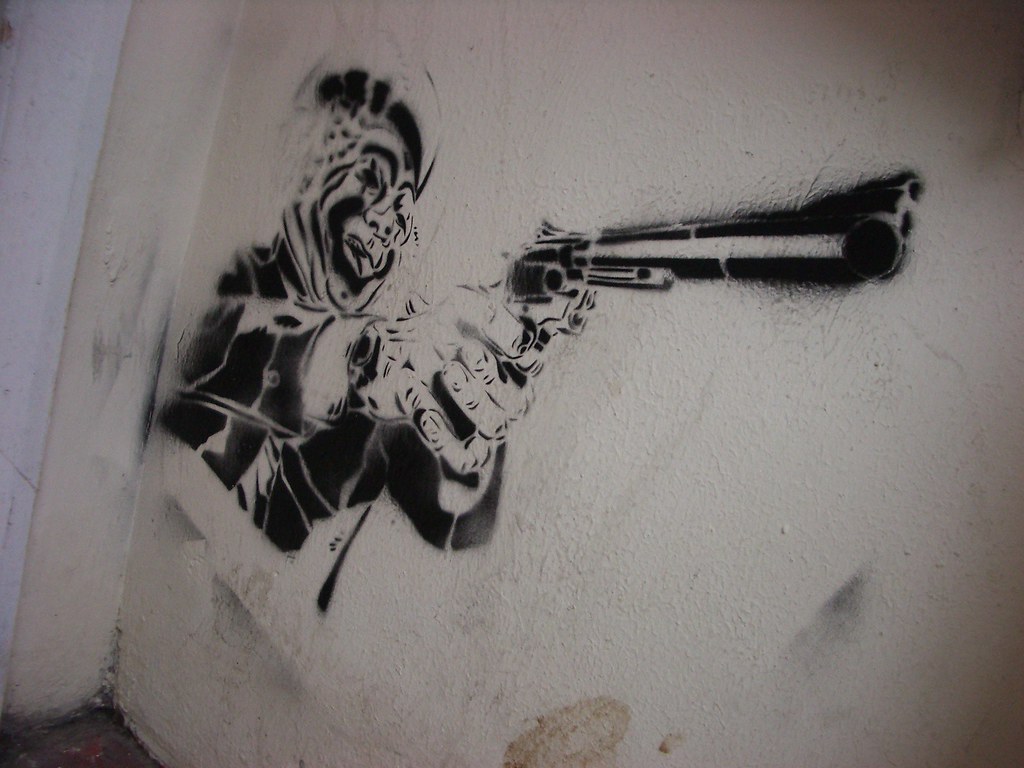
8. **Drum Beat (1954)**Next up, let’s talk about *Drum Beat* from 1954, a film that showcases Alan Ladd not just as a star, but as a savvy producer too! By this point in his career, Alan Ladd’s Jaguar Productions was really hitting its stride, making their own successful movies, and *Drum Beat* was a fantastic result of a partnership with Warner Bros. It’s an action-packed Western where Ladd is in quite uncommon form, bringing a unique intensity to his role.
Ladd stars as Johnny MacKay, a skilled gunslinger who embarks on a mission far more complex than a simple shootout: he hopes to negotiate a peaceful end to the Modoc War. While the film’s central premise is admirable, seeking a diplomatic resolution, it also holds a significant historical note for fans of early Hollywood careers. *Drum Beat* is perhaps most notable for being one of the early feature films for none other than the legendary Charles Bronson, who portrays the dynamic villain, Charlie.
Now, let’s address the elephant in the room. The movie, unfortunately, reflects the modern interpretations of indigenous people prevalent at the time, and the cast is largely whitewashed, which is definitely a problematic aspect looking back today. It’s important to acknowledge these historical inaccuracies and casting choices when viewing the film.
However, if you can look past these regrettable elements, the action sequences in *Drum Beat* are crisp, exciting, and absolutely thrilling. Bronson’s role as Charlie provides one of the more dynamic and memorable villains in Western movies, injecting a raw energy into the narrative. The historical backdrop itself, even with its liberties, remains fascinating, offering a glimpse into a period of American history often explored in Westerns. Ladd’s commitment to portraying a figure trying to broker peace, combined with the film’s undeniable action, makes it a notable, albeit complex, entry in his Western legacy.
Read more about: The King’s Highway: Charting Elvis Presley’s Revolutionary Ride Through Music History
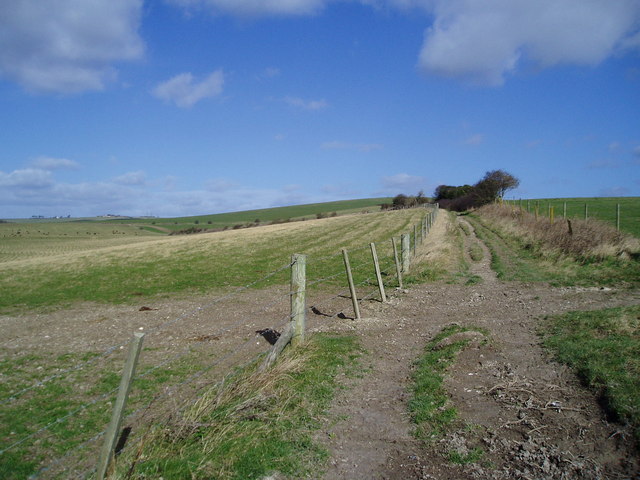
9. **The Big Land (1957)**Get ready for a quintessential Western experience with *The Big Land*, hitting screens in 1957! This is arguably the most opulent Western that the Alan Ladd-Warner Bros. partnership ever produced, absolutely brimming with all the classic tropes and stylistic flair you could ever want. Ladd, in his standard charming self, is front and center as a bona fide cowboy on a mission to bring big business to the vast, open prairies of Kansas.
This film truly has it all: from copious ranching jargon that’ll make you feel like you’re out on the range, to dastardly, wicked businessmen trying to thwart progress, and a generous helping of beautiful color photography that paints the screen with the majesty of the American West. While it might not boast the most intricate or compelling plot you’ve ever seen, *The Big Land* more than compensates with its immersive atmosphere and Ladd’s magnetic presence.
The story unfolds in the aftermath of the Civil War, where tensions are still simmering between former Texas Confederates and ex-Yankees, especially in Missouri. Ladd’s Texan character steps in to save a Yankee, played by Edmond O’Brien, from a lynching, leading to an unlikely partnership. They decide to join forces, determined to help the railroad reach Kansas, which would revolutionize cattle shipment for Texans, bypassing the embattled Missouri routes. And just to add a sprinkle of classic Hollywood drama, the Yankee character conveniently has a pretty sister, played by Virginia Mayo, to complicate matters!
*The Big Land* is one of those films that, while perhaps not breaking new ground, perfectly executes the established formula, making it a truly satisfying watch. It’s a fantastic film for Western fans who’ve already devoured the absolute classics and are looking for a robust, traditional, and visually stunning next step in their journey through the genre. Ladd’s performance here is a charming reminder of his enduring appeal as a leading man of the frontier.
Read more about: Kathryn Crosby: Actress, Matriarch, and Steward of a Legend — A Life Defined and Redefined, Dies at 90
10. **Guns of the Timberland (1960)**And now, for our final, but certainly not least, stop on Alan Ladd’s top Western movies list: *Guns of the Timberland*, released in 1960! This film offers a gripping narrative that pits man against nature, and more specifically, man against man over the fate of nature. Ladd leads a group of determined lumberjacks who arrive in a town with plans to cut down a vast amount of nearby timber. But the townsfolk, led by the formidable Jeanne Crain, are having none of it!
Their objection isn’t just about preserving trees; it’s rooted in a very real and understandable fear. They’ve witnessed the devastating consequences of clear-cutting firsthand, remembering how loggers had previously destroyed a town not far away. The townsfolk are desperately trying to prevent the same fate from befalling their community, setting up a classic conflict between progress and preservation, or perhaps more accurately, between profit and peace.
Interestingly, this film holds a heartwarming behind-the-scenes anecdote. While on set, Alan Ladd struck up a genuine friendship with acclaimed Western author Louis L’Amour, who wrote the book that *Guns of the Timberland* is vaguely based upon. Their bond was so strong that L’Amour later dedicated his book *The Broken Gun* to Alan Ladd and his best friend William Bendix, after both had sadly passed away. It’s a touching tribute that adds another layer of appreciation to Ladd’s legacy.
*Guns of the Timberland* masterfully captures this clash, with Ladd bringing his characteristic intensity to the role of the lead lumberjack. The film is a powerful exploration of community, environmental concern, and the often-harsh realities of frontier expansion. It’s a compelling watch that closes out our list with a thoughtful and engaging story, reminding us once again of the diverse narratives Ladd brought to the Western genre throughout his illustrious career.
Well, there you have it, folks! We’ve ridden through ten magnificent Alan Ladd Westerns, each a testament to his undeniable charisma and versatility. From the iconic stoicism of Shane to the unique Canadian backdrop of Saskatchewan, and the morally complex landscapes of Branded, Ladd truly left an indelible mark on the genre. His films continue to resonate, offering a fascinating window into Hollywood’s Golden Age and the ever-evolving spirit of the American (and Canadian!) West. Which one will you be adding to your watch list tonight? Let us know in the comments – let’s keep the conversation going about this timeless star!


